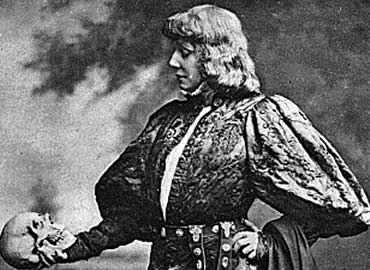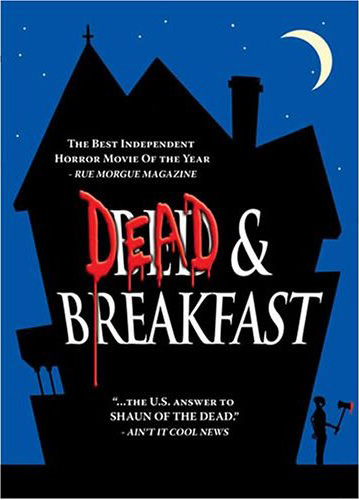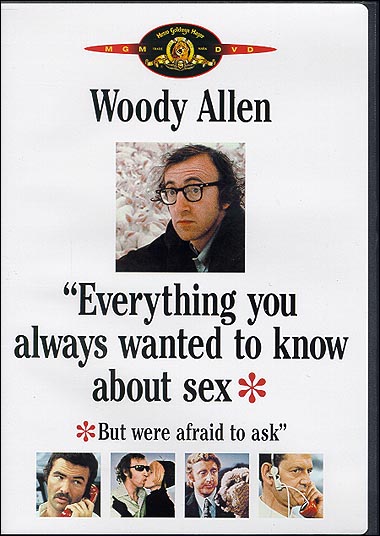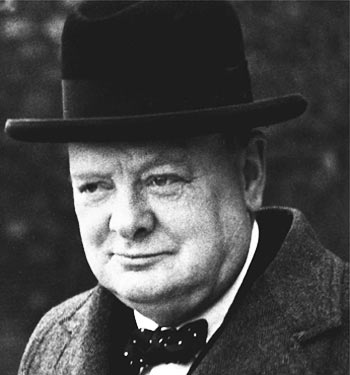"I have no doubt / One day the sun'll come out."
In our last entry, we dove headlong into the melancholy end of the swimming pool and sized up F. Scott Fitzgerald's The Great Gatsby and the Counting Crows "A Murder of One." The moral of those stories? Life is hard and far too often wasted, so quit wasting yours watching other people waste theirs.
(Perhaps we should say "waste" one more time. Ahh, that's better).
In the interest of fairness, I thought it only fitting that we spend today's entry tackling a track that seems to be something of a thematic opposite to the stuff we covered in our last go-round. True, life may indeed be long and hard (that's what she said?) -- but this isn't anything to get all worked up over.*
(*Ending sentences with prepositions, however...)
But as far as Coldplay is concerned, the simple fact of the matter is that while yes, it might well be raining today -- one day the sun WILL come out, ya' know. And so sets the stage for our ensuing discussion on the perpetual optimism of this man:

Chris Martin: Quite possibly a space alien.
The Great Gatsby and "A Murder of One" tackled some pretty heavy thematic elements. Sex, death, wasted potential -- the whole nine. But literature and pop music needn't always be so gosh-darned Debbie Downer in order to rise to the level of certifiably awesome. In fact, Chris Martin and his Coldplay brethren have actually carved out a pretty respectable niche in the world of rock and roll by singing songs that are anything BUT depressing. True, they do lovez themz some ballads -- but just about every single track that Coldplay has ever penned typically ends up finding some small glimmer of hope in even the saddest and strangest of situations.
Sample lyrics include:
"When you try your best, but you don't succeed... I will try to fix you." (Fix You)Long story short:
"Nobody said it was easy." (The Scientist)
"I don't wanna' follow Death and all of his friends." (Death And All His Friends)
"Death will never conquer us." (Death Will Never Conquer)
"Everything's not lost." (Everything's Not Lost)

Chris Martin and company are "glass half full" kinda guys.
*(Bonus fun fact: Coldplay actually released a B-side track called "Glass of Water" in 2008. Neat, huh?)
But anyway...
The band's perpetual optimism is made particularly evident in their 2008 track, "Lovers In Japan" -- a plucky, uptempo breeze that sails through the riddles of life while buoyed by an underlying belief that things usually end up working out for the best in the end. As Chris Martin begins:
"Lovers(Toldja' they were optimists)
Keep on the road you're on.
Runners
Until the race is run.
Soldiers
You've got to soldier on."
True, individual patches of stuff might not always make sense along the way (Martin admits: "sometimes / even the right is wrong"). But this fact is neither anything new nor indeed cause for concern. Heck, Shakespeare's Hamlet famously grappled with precisely the same questions of relativism and self-doubt some 400 years earlier when he said:

"'Tis nothing either good nor bad, but thinking makes it so"
(Act II, scene ii).
In short: you can waste a whole lotta' time thinking yourself into or out of just about anything. But in the bigger picture of life? There's really no point in allowing yourself get hung up in such mental gymnastics, especially since Coldplay is pretty convinced that things will turn out alright in the end. Martin says as much right there in the chorus:
"I have no doubtAnd then later in the song...
One day the sun'll come out."
"But I have no doubtTranslation: "Don't Panic" (hey look -- another Coldplay song title)! Or as Max Ehrmann might say:
One day we'll work it out."

"And whether or not it is clear to you,
no doubt the universe is unfolding as it should."
- Max Ehrmann, "Desiderata" (1952)
Coldplay's bottom line?
No point in stressing about the here and now -- simply trust that there is, in fact, a bigger plan in place, then stay the course while letting life unfold around you as it always has. After all, the glass is half full, and thus there should be "no doubt / [that] one day we'll work it out."

"Problem Play?" More like "problem solved."
*Are you viewing this article anywhere besides Blogger? Cool! Click here to check out the music video that's embedded in the original post.






































